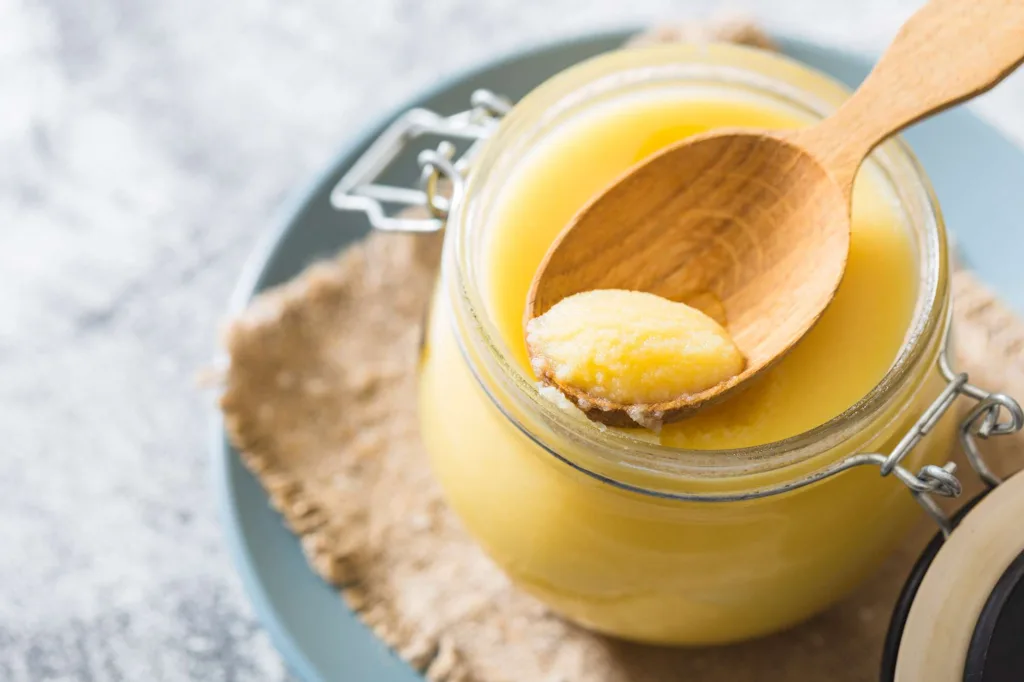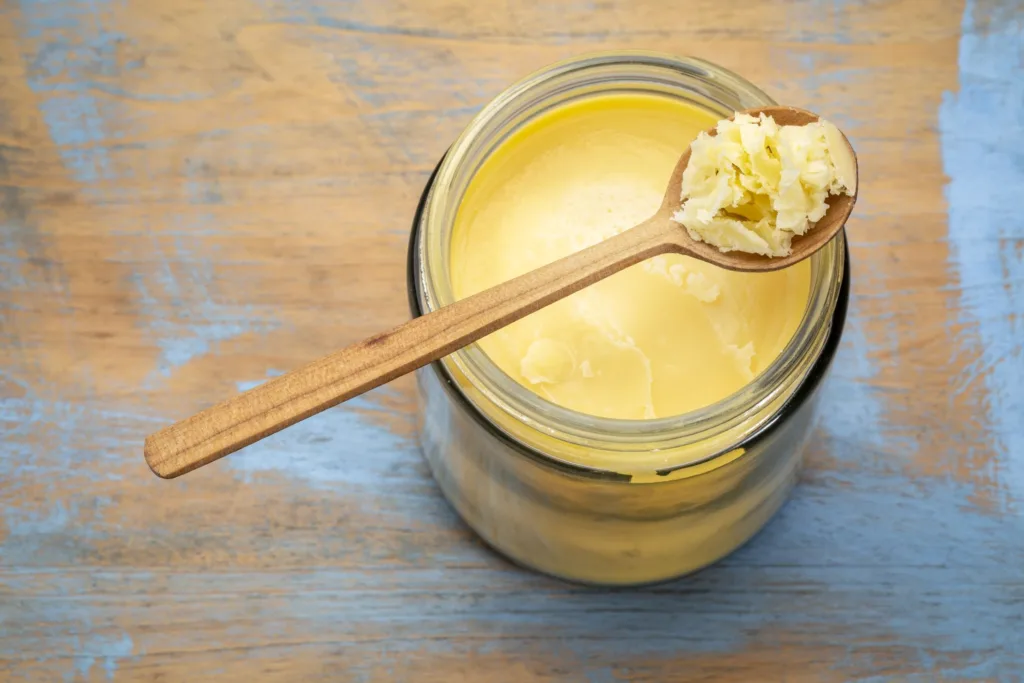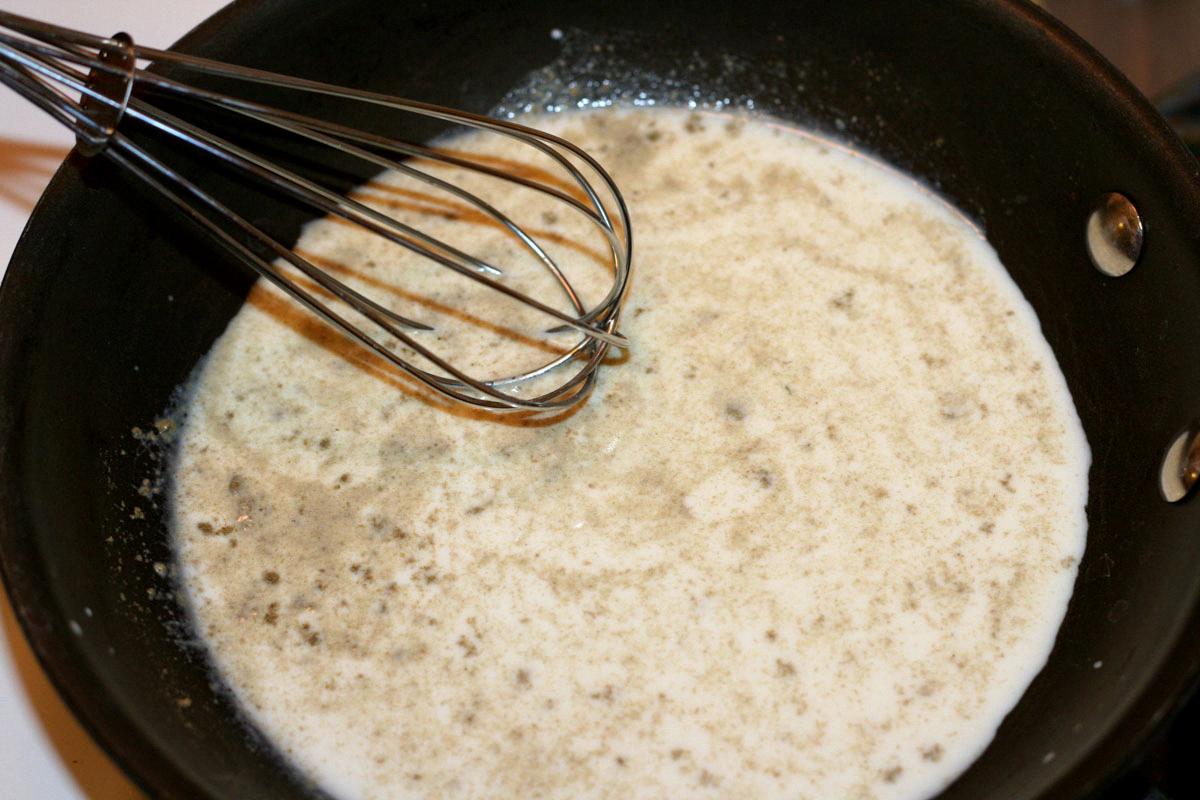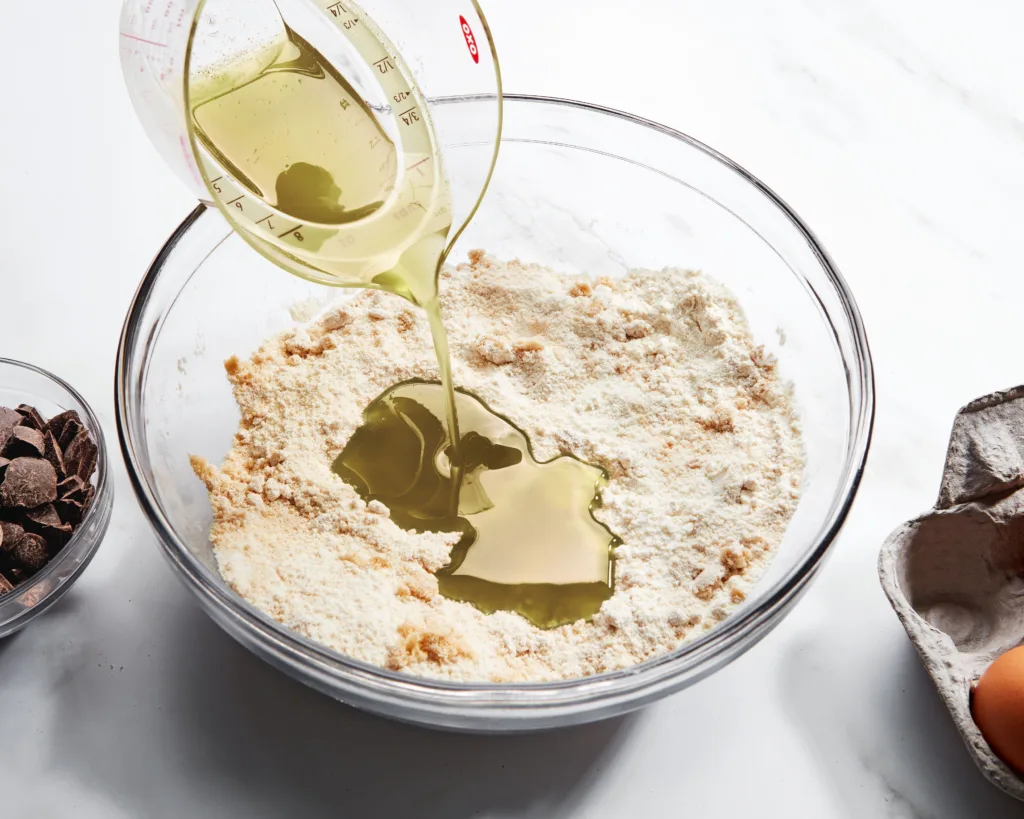Cannabis edibles are becoming increasingly popular as people explore new ways to consume their cannabis. In the world of cannabis cooking, two of the most common fats used to infuse with THC and other cannabinoids are butter and ghee. While both may be suitable for baking, or for adding to savory dishes, there are some key differences that you should consider when deciding which one is best for your needs.
When it comes to nutritional profiles, butter and ghee have many similarities. Both contain saturated fat, as well as vitamins A and E. Ghee is made by simmering butter until all of the water evaporates and the milk solids settle at the bottom; this process also creates a slightly nutty flavor that many people enjoy. Clarifying butter—or extracting water and solid milk proteins—will give your cannabutter a more stable, versatile, and higher-quality end result.
Ghee may be a better choice than butter if you have a sensitivity to lactose or casein because it contains very little lactose and casein after being clarified. Additionally, ghee is typically better for high temperature cooking than butter due to its higher smoke point (482°F vs 350°F). However, many people prefer the sweeter taste of butter for baking applications.
When it comes to cannabis edibles, there is one key difference between ghee and butter: Cannabutter doesn’t dissolve solubilized THC as efficiently as oil (due to its diffrent ratio of cannabinoids versus non-cannabinoid plant material). This means that when cooking with cannabutter you’ll need to use higher quantities in order to achieve an equivalent potency level compared to cannaoil.
Ultimately it comes down to personal preference when deciding which fat is best for cannabis edibles: Ghee or Butter? While neither one may be inherently superior in terms of THC absorption efficiency or nutritional value, some people may prefer one over the other based on taste or their own dietary restrictions. Ultimately, whichever option you choose will depend on what you’re trying to create!
Is Ghee a Better Option than Butter for Cannabutter?
Ghee is often hailed as the best option for making cannabutter. When compared to butter, ghee has a higher smoke point and more intense flavor, making it ideal for infusing cannabis into. It also contains fewer milk solids than butter, which can burn and produce an unpleasant taste. Ghee is also made by a simmering process that gives it a subtle nutty flavor and helps it absorb the power of cannabis better than butter. Ultimately, if you’re looking for a richer flavor and more efficient absorption of cannabinoids, ghee is the way to go.

The Benefits of Using Clarified Butter for Cannabis
Yes, clarified butter is btter for cannabis than regular butter. Clarified butter, also known as ghee, removes the milk solids and water from the butterfat, resulting in a purer form of butter that contains no lactose or dairy proteins. This makes it much easier to infuse with cannabis because it has a higher fat content than regular butter, which means more cannabinoids can be absorbed. Plus, the lack of milk solids and water makes it more stable and longer-lasting than regular butter. Additionally, because clarified butter is more concentrated in flavor, you’ll get a richer taste when you use it to make your cannabis-infused recipes.
Comparing Ghee and Butter: Which is Better?
Ghee and butter both have their advantages and it depends on your dietary needs and the type of cooking you plan to do. Ghee is clarified butter, meaning that the milk solids are removed from it, so it is suitable for those who are intolerant to lactose or casein. Ghee has a higher smoke point than butter, so it is better for high temperature cooking such as frying, sautéing or grilling. On the other hand, butter has a sweeter taste that may be more suitable for baking. Butter also contains slightly more vitamins A, E and K than ghee does. Ultimately, the choice btween ghee and butter depends on your individual preferences and dietary needs.
Comparing the Potency of Canna Oil and Butter
Cannaoil is typically considered more potent than cannabutter because it contains a higher percentage of cannabinoids, like THC, when compared to butter. Cannaoil is made by extracting the cannabinoids from the cannabis plant and combining them with an oil base, such as coconut or olive oil. This process results in a higher concentration of cannabinoids than cannabutter, which is made by infusing butter with cannabis. Because cannabutter doesn’t dissolve solubilized THC as efficiently as oil, it’s typically used in higher quantities when cooking; it’s simply less potent than cannaoil.
The Benefits of Ghee Over Butter
Ghee, also known as clarified butter, offers some distinct advantages over regular butter. The primary benefit of ghee is that it is a lactose- and casein-free fat, making it an ideal choice for those with dairy sensitivities. Additionally, ghee has a higher smoke point than butter — up to 485°F compared to 350°F — wich means it can be used for higher heat cooking such as deep frying without burning or smoking. Ghee also has a slightly nutty flavor that adds depth to dishes. In terms of nutrition, ghee is slightly lower in saturated fat than butter and contains more fat-soluble vitamins A, D, E and K than butter. While both products are high in cholesterol, studies have found that ghee may actually help improve cholesterol levels when consumed in moderation.

What is the Best Type of Fat for Making Cannabutter?
Unsalted butter is the ideal fat for making cannabutter because of its high fat content. This makes it easier to extract the cannabinoids from the cannabis, allowing them to bind more easily to the fats in the butter. When making cannabutter, it’s important to use unsalted butter as salted varieties conain additional ingredients that can affect the flavor and potency of your final product. Additionally, other fats like oil and lard can be used as alternatives to butter when making cannabutter, but they have a lower fat content so they may not be as effective at extracting cannabinoids from cannabis.
Do I Need to Refrigerate Cannabis Ghee?
No, cannabis ghee does not need to be refrigerated. Cannabis ghee is a type of clarified butter made with cannabis-infused oil or butter. The process of making cannabis ghee removes all the milk solids from the butter, leaving behind only the fat and cannabinoids. This makes it very shelf stable and it will not spoil like regular butter. To keep your cannabis ghee fresh and safe for consumption, store it in an airtight container away from heat and light sources.
How Long Does Cannabis Need to Remain in Butter?
For optimal infusion while maintaining a desirable taste, cannabis should be steeped in butter for two to four hours. During this time, the cannabinoids in the cannabis will infuse with the fat of the butter, creating a potent mixture. However, it is important to note that steeping for too long can pull out chlorophyll and other “green” flavors from the weed, which can make the final product less palatable. Therefore, it is recommended to stick within the two to four hour range while steeping your cannabis butter.
Does Clarified Butter Have a Higher Smoke Point than Regular Butter?
Yes, clarified butter does have a higher smoke point than regular butter. Clarified butter is made from the fat that is separated from the milk solids, meaning it is free from the milk solids that burn and smoke during cooking. This allows it to withstand higher temperatures before reaching its smoke point, which is upwards of 450° F – significantly higher than regular butter’s smoke point of around 350° F.

Source: goodandbaked.com
The Benefits of Using Ghee Instead of Butter for Indian Cooking
Indians have used ghee instead of butter for centuries due to its longer shelf life and its health benefits. Ghee is made by heating butter until the water evaporates and the milk solids separate away, wich removes the need to store it in a cool place. The process of clarification also increases the smoke point of ghee, which makes it suitable for high-heat cooking methods like sautéing and deep frying. Ghee also contains healthy fats, including short-chain fatty acids that can help with digestion, as well as vitamins A, D, E and K. Additionally, ghee has a rich nutty flavor that enhances the taste of many dishes. All these factors have made ghee an essential ingredient in Indian cuisine for generations.
The Pros and Cons of Ghee
The pros of ghee include its high nutrient content and its potential to reduce weight gain in some people. Ghee is rich in Vitamin A, D, E, K and essential fatty acids such as omega-3 and omega-6. It also contains a type of fatty acid known as conjugated linoleic acid (CLA) which has been linked to a reduced risk for obesity. Ghee is also an excellent cooking oil since it can withstand high temperatures wihout breaking down into harmful compounds.
The cons of ghee are that it is calorie-dense and high in fat, with one tablespoon containing 115 calories and 13g of fat. Consuming too much ghee can lead to weight gain and obesity due to its dense caloric content. Furthermore, some people may be allergic or sensitive to ghee due to its dairy origin. Finally, although ghee has many health benefits, these potential benefits may not be worth the extra calories for people who want to reduce their caloric intake for their overall health.
Does Ghee Contain Vitamin K2?
Yes, ghee does contain K2, also known as menaquinone, which is a fat-soluble vitamin found in certain foods. K2 is a crucial nutrient for proper bone health, cardiovascular health and more. It helps to regulate calcium absorption and can help reduce the risk of developing certain types of cancer. Grass-fed ghee is especially high in K2 and can be a great source of this important vitamin.
Does Baking Cannabutter Reduce Potency?
Baking cannabutter does not necessarily make it less potent, but it can if the temperature is too high. Cannabutter should be baked at a temperature between 200° and 250°F in order to maintain its potency and prevent THC from degrading off. Cooking it at higher temperatures can cause the THC to break down, resulting in a product that is less potent.

Does Cannabutter Potency Decrease Over Time?
No, cannabutter does not lose its potency over time. In fact, if stored properly, it can remain potent for several years. Cannabutter should be stored in an airtight container in a cool, dark place such as a refrigerator or freezer. This helps to keep the cannabinoids and terpenes from degrading over time. Additionally, it is important to avoid exposure to oxygen and light, as tese can degrade the cannabinoids and terpenes in the butter. Keeping the cannabutter away from sunlight or other sources of heat is also important for preserving its potency. Finally, ensure that you use clean utensils when handling the butter to avoid introducing bacteria or mold that could affect its quality.
Does Cannabutter Become Stronger After Making It?
No, making cannabutter does not make it stronger. Cannabutter is produced by infusing butter with cannabis, which results in a product that has the same potency as the cannabis used to make it. The primary difference is that the THC and other cannabinoids are now in a fat-soluble form, which makes them easier for your body to absorb. Therefore, if you want to increase the potency of your cannabutter, you’ll need to use a higher quality cannabis flower or concentrate when making it.
Conclusion
In conclusion, the choice between cannabis ghee and butter ultimately comes down to personal preference. Both are excellent fat sources for cannabis-infused recipes and can provide great flavor, texture, and potency. Ghee has a higher tolerance for high heat cooking and may be preferable for those with lactose or casein sensitivities, while butter has a sweeter taste that may be better suited for baking. Additionally, cannabutter is generally used in larger quantities than cannaoil due to its lower potency. Whichever fat source you choose, make sure to clarify the butter beforehand to ensure optimal results with your cannabis-infused recipes.
